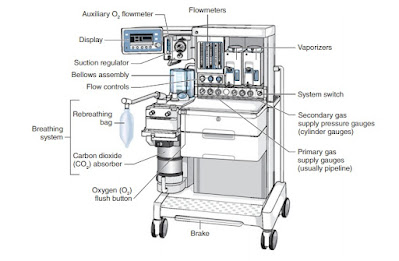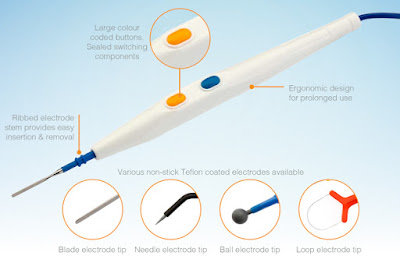Which Agent Is Best for skin preparation?
When it comes to skin preparation for the prevention of surgical site infections (SSIs), several antiseptic agents are commonly used. The choice of agent can depend on various factors, including the type of surgery, patient characteristics, and institutional protocols. Here are some of the most widely used agents:
1. Chlorhexidine Gluconate (CHG)
- Effectiveness: Highly effective against a broad range of bacteria, including Gram-positive and Gram-negative organisms.
- Advantages: Provides prolonged antimicrobial activity and is less irritating to the skin than some other agents.
- Usage: Often used in combination with alcohol for enhanced efficacy.
2. Iodine-Based Solutions
Povidone-Iodine:
- Effectiveness: Broad-spectrum antimicrobial activity.
- Usage: Commonly used, but may cause skin irritation or allergic reactions in some individuals.
Iodophors:
- Provide a slow release of iodine, maintaining antimicrobial activity over time.
3. Alcohol-Based Solutions
Isopropyl Alcohol or Ethyl Alcohol:
- Effectiveness: Effective in reducing microbial load and rapidly evaporates, reducing contamination risk.
- Usage: Often used as part of a two-step preparation (with CHG or iodine).
4. Alcohol-CHG Combinations
- Advantages: This combination offers the immediate efficacy of alcohol with the prolonged action of chlorhexidine, making it highly effective for skin antisepsis before surgery.
- Preoperative Assessment: Consider patient allergies and skin conditions when selecting an antiseptic agent.
- Two-Step Process: In many cases, a two-step process (applying a chlorhexidine-alcohol solution) is recommended for optimal effectiveness.
- Timing: Apply the antiseptic agent in the appropriate timeframe before the incision to maximize its antimicrobial effect.
Follow Protocols Adhere to institutional protocols and guidelines, as they may vary based on the latest evidence and local practices.

Reserch: Skin Preparation for the Prevention of Surgical Site Infection: Which Agent Is Best?
Micah L Hemani, MD and Herbert Lepor, MD
To assess the efficacy of cutaneous antisepsis to prevent catheter-associated infection, we
prospectively studied three antiseptics for disinfection of patients.
The most common agent used today include product containing iodophor or CHG.


